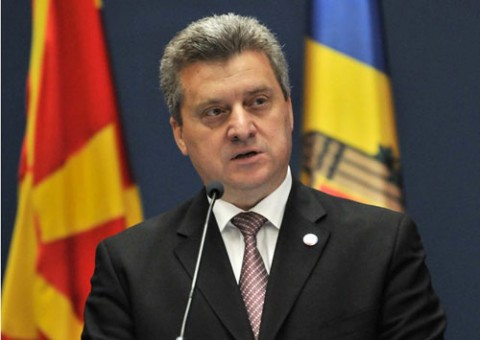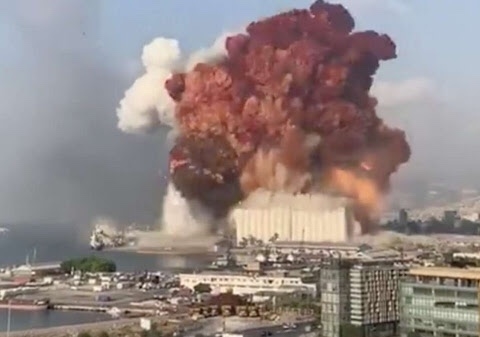Saudi Arabia plans to extract uranium domestically as part of its nuclear power program and sees this as a step toward “self-sufficiency” in producing atomic fuel. Extracting its own uranium also makes sense from an economic point of view, said Hashim bin Abdullah Yamani, head of the Saudi government agency tasked with the nuclear plans, the King Abdullah City for Atomic and Renewable Energy (KACARE). The Kingdom says it wants to tap atomic power for peaceful purposes only in order to diversify its energy supply, and will award a construction contract for its first two nuclear reactors by the end of 2018. Atomic reactors need uranium enriched to around 5 percent purity, but the same technology in this process can also be used to enrich the heavy metal to higher, weapons-grade levels. Saudi Arabia would be the second country in the Arab Gulf region to tap nuclear after the UAE, which is set to start up its first, South Korean-built reactor in 2018. The UAE has committed not to enrich uranium itself and not to reprocess spent fuel. Industry sources have told Reuters Saudi Arabia is reaching out to potential vendors from South Korea, China, France, Russia, Japan and the US for its first two reactors. The plans have received extra momentum as part of Saudi Arabia’s Vision 2030, an ambitious economic reform program launched last year by Crown Prince Mohammed bin Salman. Yamani said Saudi Arabia will soon pass laws for its nuclear program, and will have set up all of the regulations for its nuclear regulator by the third quarter of 2018. Saudi Arabia is considering building some 17.6 gigawatts of nuclear capacity by 2032, the equivalent of about 17 reactors, making it one of the strongest prospects for an industry struggling after the 2011 nuclear disaster in Japan. Preliminary studies have estimated Saudi Arabia has around 60,000 tons of uranium ore, Maher Al-Odan, the chief atomic energy officer of KACARE, said at an electricity forum in Riyadh on Oct 11.
Latest from MIDLE EAST
Write an article from the following text. Bashar Assad stepped down as Syrian president, leaving the
Una esplosione devastante nella zona del porto di Beirut ieri nel tardo pomeriggio ha distrutto una
Usually, when people talk about Saudi Arabia and its hegemonic policies, we tend to relate to
On Tuesday 8th January, US Secretary of State Mike Pompeo opens his tour in the
The 39th GCC (Gulf Cooperation Council) summit held in the Saudi capital







